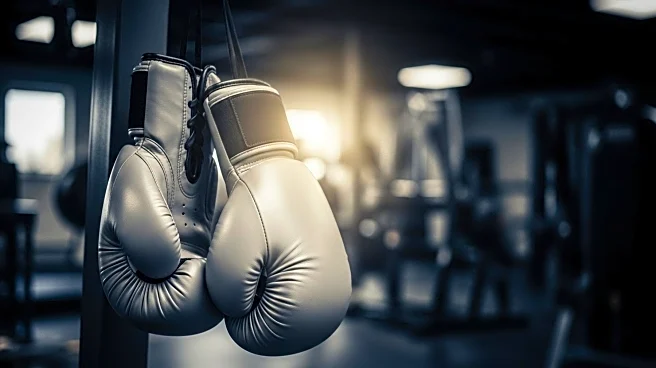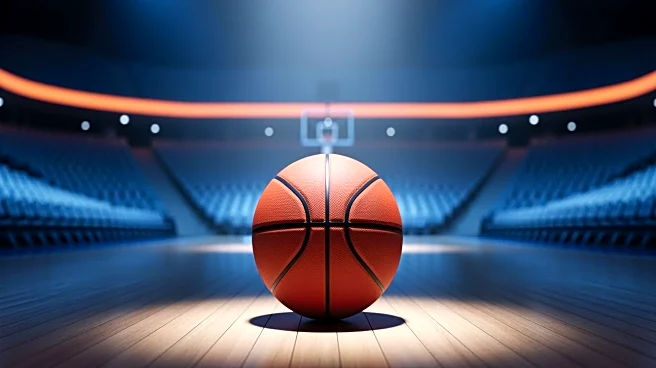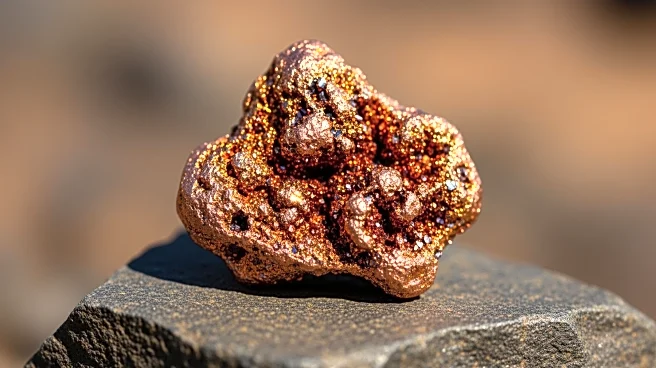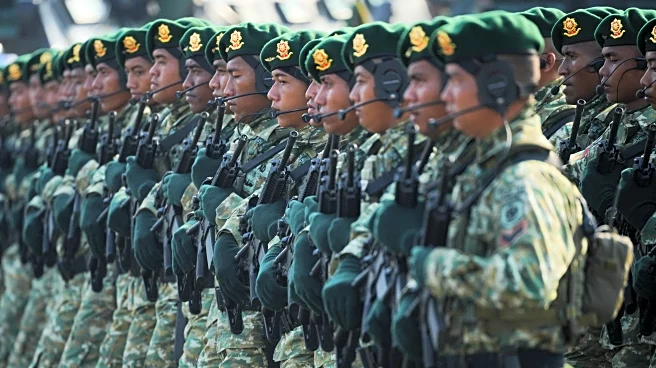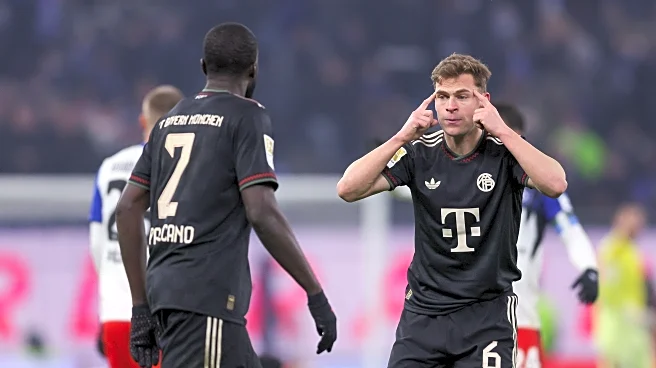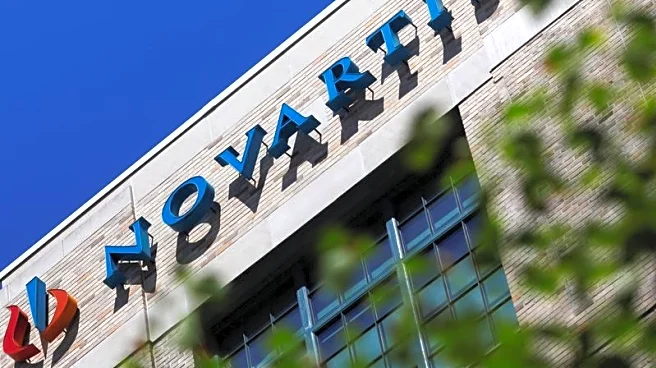What's Happening?
Conor McGregor, the former UFC featherweight and lightweight champion, has been suspended for 18 months following violations of the UFC's anti-doping policy. The suspension stems from three missed attempts to collect biological samples in 2024, which were deemed violations by the Combat Sports Anti-Doping (CSAD) agency. McGregor's suspension is retroactive to September 20, 2024, the date of his third violation, making him eligible to compete again on March 20, 2026. Despite the suspension, McGregor remains optimistic about participating in a UFC event at the White House in 2026, which is planned to celebrate 250 years of American Independence.
Why It's Important?
The suspension of Conor McGregor, a high-profile figure in mixed martial arts, underscores the UFC's commitment to maintaining a strict anti-doping policy. This development could have significant implications for McGregor's career, as it delays his return to the Octagon. However, the fact that he remains eligible to fight at a major event at the White House in 2026 suggests that his career may not be severely impacted in the long term. The situation also highlights the challenges athletes face in adhering to anti-doping regulations, particularly regarding whereabouts requirements.
What's Next?
Conor McGregor's eligibility to compete again in March 2026 sets the stage for a potential high-profile return at the UFC event at the White House. This event, scheduled for June 14, 2026, coincides with the celebration of American Independence and President Trump's birthday. McGregor's participation could draw significant attention and viewership, given his status in the sport. The UFC and its stakeholders will likely monitor McGregor's compliance with anti-doping regulations closely to ensure no further violations occur.
